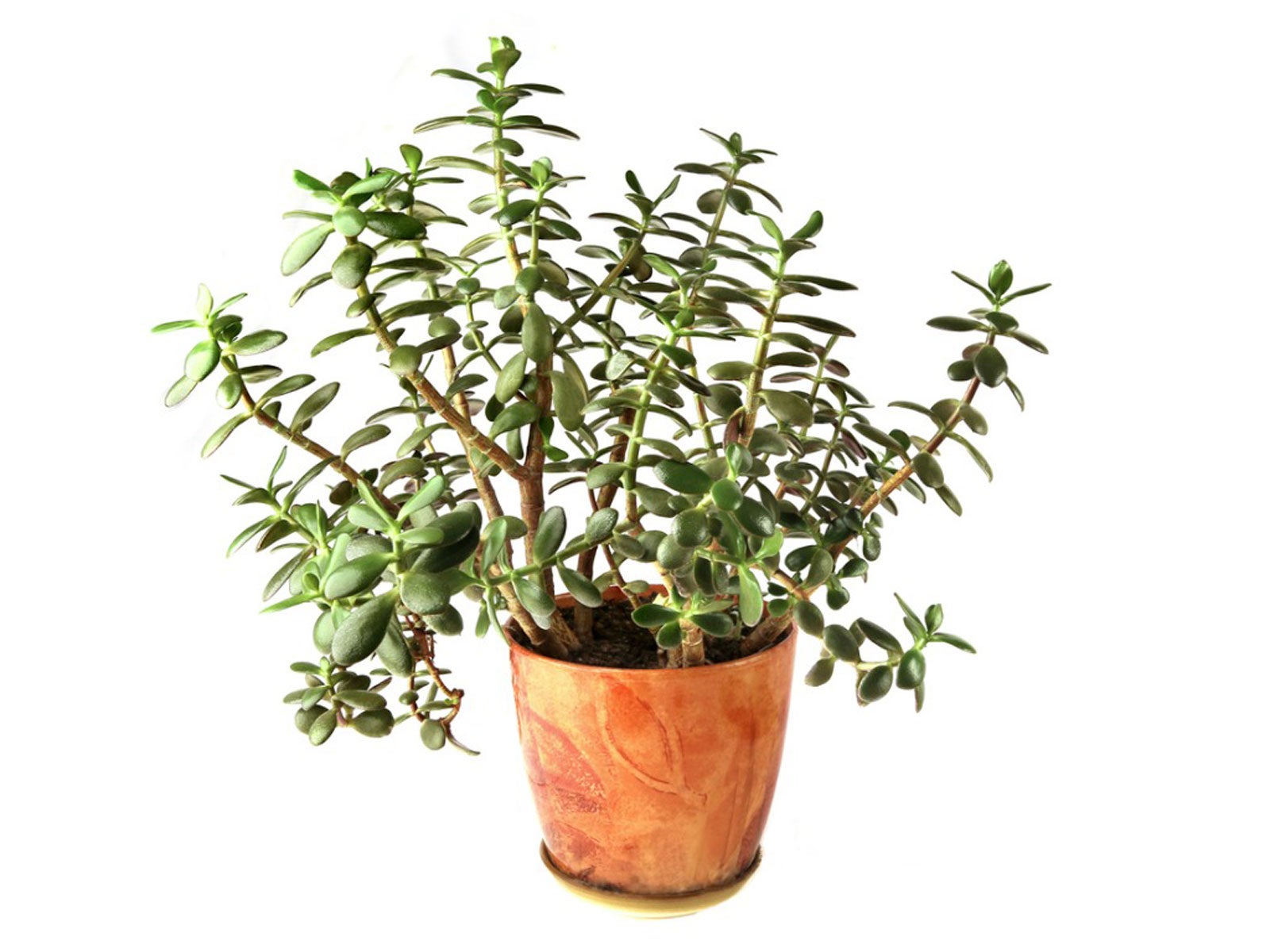Leggy Jade Plant Care – Pruning A Leggy Jade Plant


Sign up for the Gardening Know How newsletter today and receive a free copy of our e-book "How to Grow Delicious Tomatoes".
You are now subscribed
Your newsletter sign-up was successful
Jade plants make fantastic houseplants, but if not provided ideal conditions, they can become sparse and leggy. If your jade plant is getting leggy, don’t stress. You can easily fix it.
Leggy Jade Plant Fix
First, it is important to know why your jade plant got leggy in the first place. If your plant is not compact and looks stretched out, chances are that it has become etiolated. This just means that the plant has stretched out because of insufficient light.
Jade plants like several hours of direct sunshine and should be placed right in front of a window for best results. If you have a nice southern exposure window, this will be ideal for your jade plant. Let’s discuss how to fix a leggy jade plant.
Pruning a Leggy Jade Plant
Although pruning scares many people, it is really the only leggy jade plant fix. It is best to prune your jade either in the spring or early summer months. Your plant will be in active growth during this time and will start to fill out and recover much more quickly.
If you have a very small or young jade plant, you may just want to pinch off the growing tip. You can use your thumb and forefinger to pinch this off. You should have at least two new stems growing from where you pinched it.
If you have a larger, older plant with several branches, you can prune your plant back harder. In most cases, try not to remove more than a quarter to a third of the plant when you prune your jade back. Use a sharp pair of pruning shears and make sure that the blade is sterilized so that you’re not spreading disease. To do this, you can clean the blade with rubbing alcohol.
Next, imagine where you’d want the jade plant to branch off and use your pruning shears to make cuts right above a leaf node (where the leaf meets the stem of the jade). At each cut, you will get at least two resulting branches.
Sign up for the Gardening Know How newsletter today and receive a free copy of our e-book "How to Grow Delicious Tomatoes".
If you have a plant that is a single trunk and you want it to look more like a tree and branch out, you can easily accomplish this with patience. Simply remove most of the lower leaves and pinch off the growing tip. Once it starts growing and develops more branches, you can repeat the process and pinch out the growing tips or prune the branches back until you achieve the desired look you are going for.
Leggy Jade Plant Care
After you’ve done your pruning, it is important to correct the cultural conditions that caused your plant to grow leggy. Remember, place your jade plant in the sunniest window that you have. This will encourage more compact, sturdier growth.

Raffaele Di Lallo is a houseplant expert, writer, and founder of Ohio Tropics, a popular plant care blog and social media presence dedicated to helping people grow healthy houseplants. He is the author of Houseplant Warrior: 7 Tips to Unlocking the Mysteries of Houseplant Care and has written extensively on plant care for outlets including Gardening Know How. With over 30 years of personal plant experience and formal training in horticulture, Raffaele helps readers demystify indoor plants through clear, practical advice.